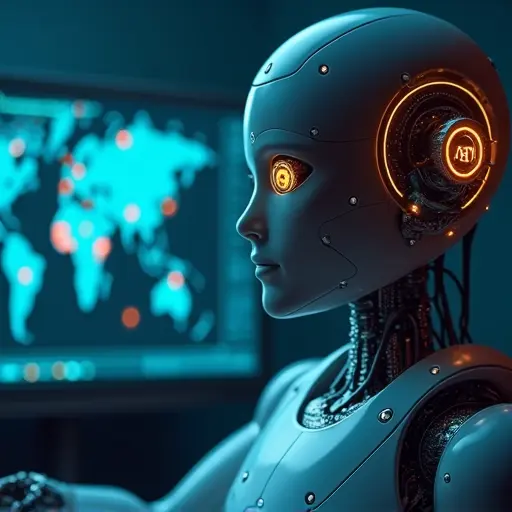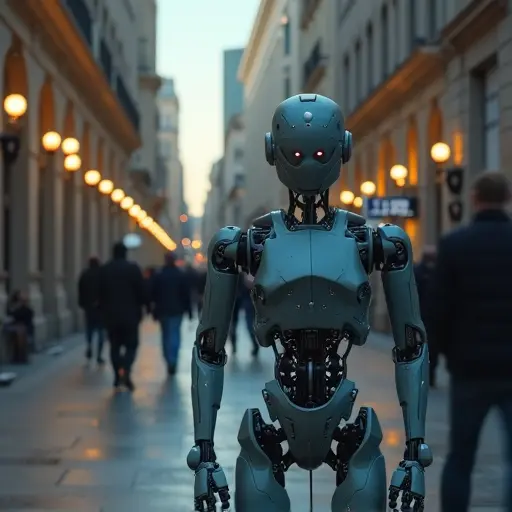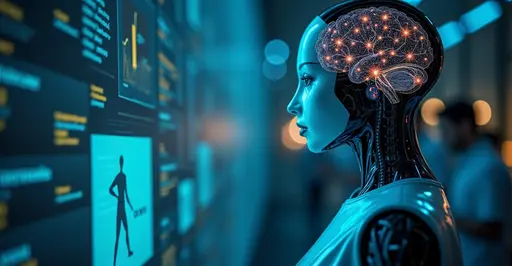New research shows chatbots need psychological design, not just better AI, to build consumer trust. Simple empathy statements boost accuracy perception by 22% while 85% of companies adopt AI support.

AI Chatbots in Customer Service: The Trust Gap
New research reveals a significant trust gap in consumer interactions with AI-powered chatbots. According to a Harvard Business Review study published today, customers are 17% more likely to follow recommendations when chatbots demonstrate psychological awareness rather than just technical capability.
The Psychology Behind Chatbot Success
Researchers from Wharton and San José State found that chatbots failing to acknowledge user frustration dramatically reduce trust. The study showed that simple phrases like "I understand this is frustrating" increased perceived accuracy by 22%. This challenges the industry's focus on technical upgrades alone.
"Companies pour billions into AI models but neglect basic psychological principles," explained lead researcher Dr. Stefano Puntoni. "The most advanced NLP means nothing if customers feel unheard."
Current Adoption Trends
85% of customer service leaders are now implementing AI solutions according to Gartner. Yet consumer satisfaction remains low - only 35% report positive chatbot experiences in 2025. The disconnect appears between technical capability and emotional intelligence.
Practical Solutions for Businesses
The research team recommends three evidence-based fixes:
- Program empathy triggers during negative sentiment detection
- Add micro-delays to simulate human thinking
- Clearly disclose chatbot limitations upfront
Companies testing these approaches saw resolution times decrease by 28% while customer satisfaction scores increased significantly.
The Future of AI Support
As HBR notes, next-generation chatbots will likely incorporate real-time emotional analysis through voice tone detection. However, researchers caution that transparency remains crucial - 68% of consumers prefer knowing they're speaking with AI rather than imperfect human impersonation.

 Nederlands
Nederlands English
English Français
Français Deutsch
Deutsch Español
Español Português
Português







